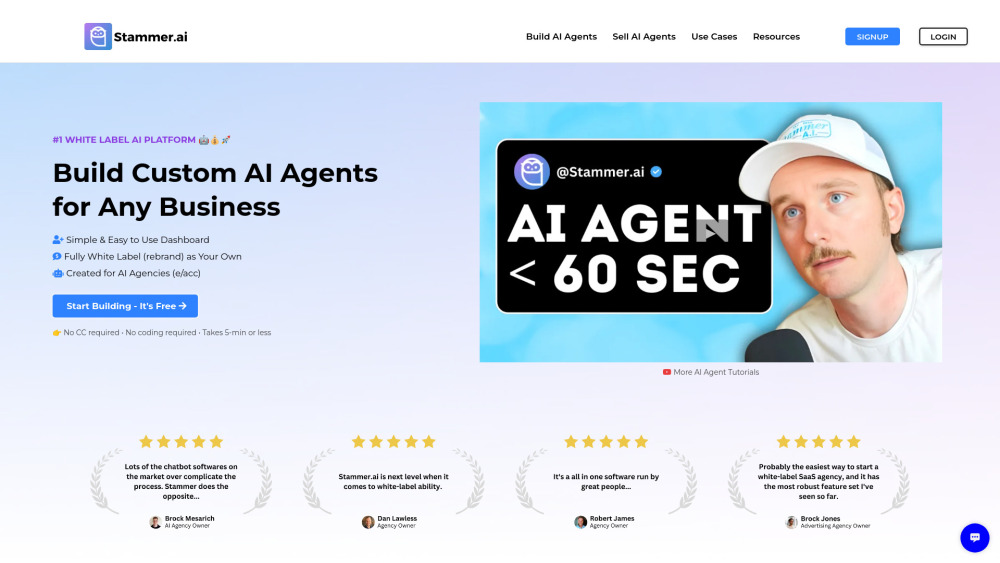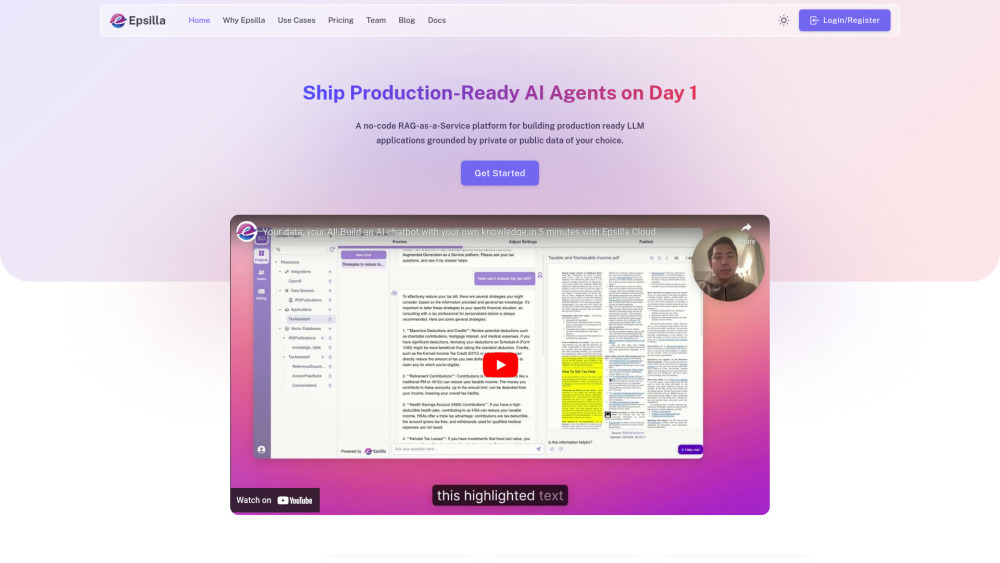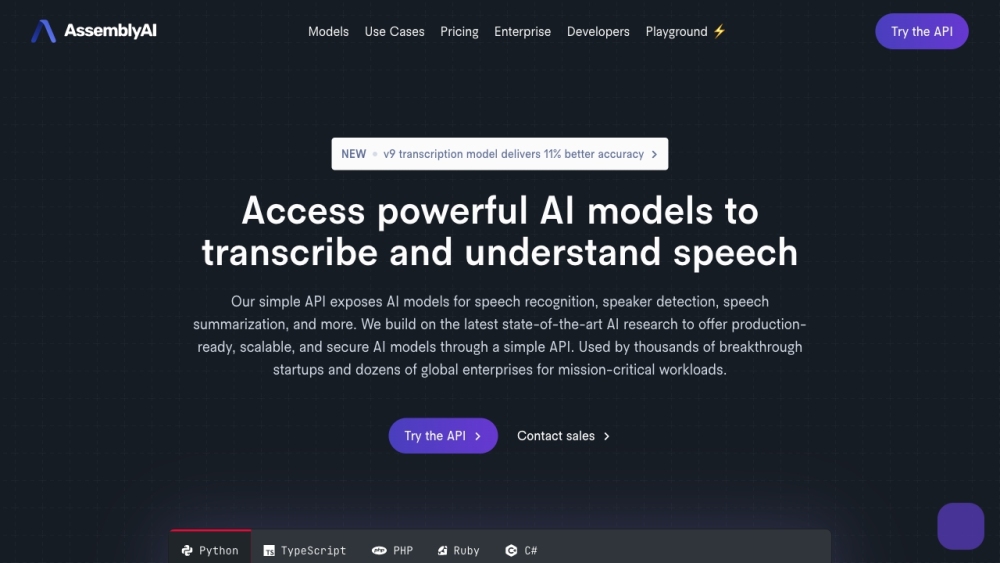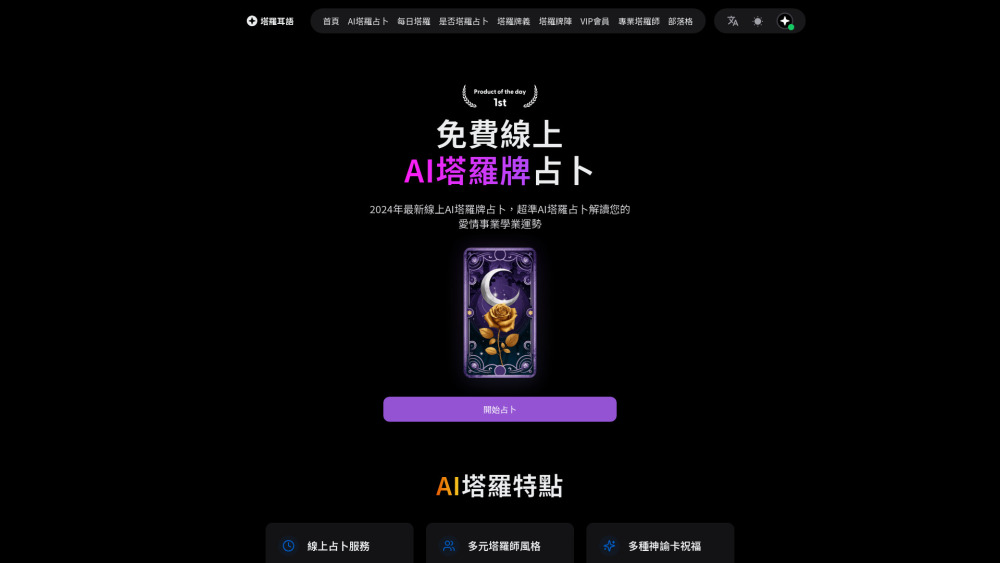This week’s roundup highlights significant developments across the artificial intelligence landscape, including Google's new initiatives, Getty Images' entry into generative AI, Spotify's stance on AI-generated music, a pivotal partnership between Anthropic and Boston Consulting Group, and Microsoft's exploration of nuclear energy for its data centers.
### Google Introduces AI Web-Crawling Opt-Out
Google is enhancing its data handling by allowing website publishers to opt out of having their content utilized for training AI models. This new feature, dubbed "Google-Extended," enables sites to remain accessible via Google Search while ensuring that their data is excluded from the training pool for models like Bard.
Danielle Romain, Google's Vice President for Trust, emphasized in a blog post that website administrators can now choose to contribute to the accuracy and capability of AI models over time. The Google-Extended tool can be accessed through a robots.txt file, a standard protocol that informs crawlers about site access permissions.
This announcement closely follows a similar initiative launched by OpenAI, offering website publishers a choice to opt out of AI web crawling.
### Getty Images Launches Generative AI Tool
Getty Images has entered the generative AI space with a new commercial image generation tool designed solely from its extensive content library. This innovative tool enables customers to create images while ensuring full protection and usage rights.
Images generated through this platform will come with Getty Images' standard royalty-free license, which includes various representations and warranties, along with uncapped indemnification rights. Notably, content produced by this tool will not be added to Getty Images or iStock libraries for licensing purposes, and contributors will be fairly compensated for any content used in the training set. CEO Craig Peters commented on the company’s commitment to developing a trustworthy tool that instills customer confidence in AI-produced visuals.
### Spotify's Mixed Approach to AI-Generated Music
Spotify's CEO Daniel Ek clarified the company's approach towards AI-generated music, stating that it will not impose a blanket ban on such content. He noted that tracks utilizing AI-based autotune will remain on the platform, although AI that replicates the voices of real artists, such as Drake and The Weeknd, is not permitted.
In a recent discussion with the BBC, Ek revealed that Spotify is navigating a complex landscape surrounding AI music. A significant team is dedicated to tackling the challenges posed by AI in the music industry, as the platform seeks to balance innovation with ethical considerations.
### Anthropic Partners with Boston Consulting Group
Anthropic is collaborating with the Boston Consulting Group (BCG) to integrate its AI tools, specifically the Claude model, into BCG's offerings. This partnership will provide BCG consultants and their clients with direct access to Claude 2, enabling rapid summarization of extensive research documents and data analysis.
Neerav Kingsland, head of strategic partnerships at Anthropic, highlighted the need for enterprise leaders to leverage AI's transformative potential while responsibly managing associated risks. This collaboration coincides with Amazon's recent minority investment in Anthropic, amounting to around $4 billion.
### Microsoft Explores Nuclear Energy for AI Data Centers
Amid growing concerns over the environmental impact of data centers, Microsoft is exploring the potential of using nuclear energy to power its AI operations. The company is actively seeking a program manager to evaluate how microreactors could be integrated into its cloud and AI data centers.
As AI technologies demand significant computational resources, Microsoft is committed to reducing greenhouse gas emissions from its operations by pursuing cleaner energy alternatives. The initiative reflects a broader trend toward sustainable practices within the tech industry.
These developments highlight the dynamic nature of the AI field, showcasing how major players are adapting to emerging technologies while addressing ethical and environmental challenges. Stay tuned for more insights into the evolving AI landscape.




